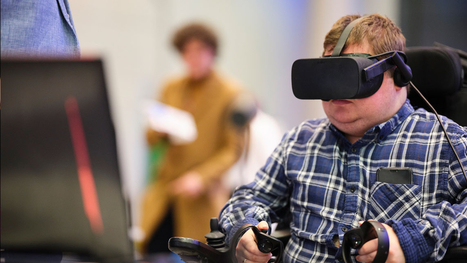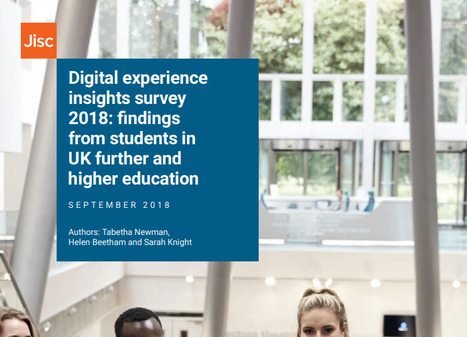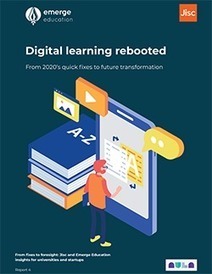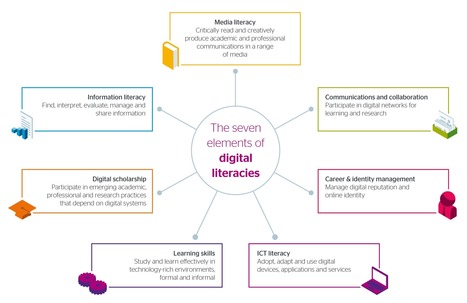Key messages:
Prepare students for digital learning
Arriving students need to know what to expect from
digital learning. Our findings point to the key practices
and tools that students find useful in each sector but
there is no one-size-fits-all solution. This is where
institutions can make excellent use of their local
insights data.
Make bring your own devices (BYOD) work
Most students now bring their own devices for
learning but many can’t use them to access subjectspecialist software and online content. Students learn
more efficiently if they have access to the full range
of learning tools on a device of their choice.
Assistive technology is for everyone
One in five students is using assistive or adaptive
technologies, often by choice rather than necessity.
Institutions should recognise the value of ‘inclusive
for all’ and investigate how digital technologies can
support inclusion in learning and assessment.
Help students stay happy and well
FE students would benefit from better access to
health and wellbeing services online. HE students
would benefit from more help to stay safe online.
All students want to feel that they belong, so their
log-in should give access to personalised services,
student societies and social networks.Digital experience insights survey 2018: findings from students in
UK further and higher education.
Authors: Tabetha Newman, Helen Beetham and Sarah Knight
SEPTEMBER 2018



 Your new post is loading...
Your new post is loading...

























